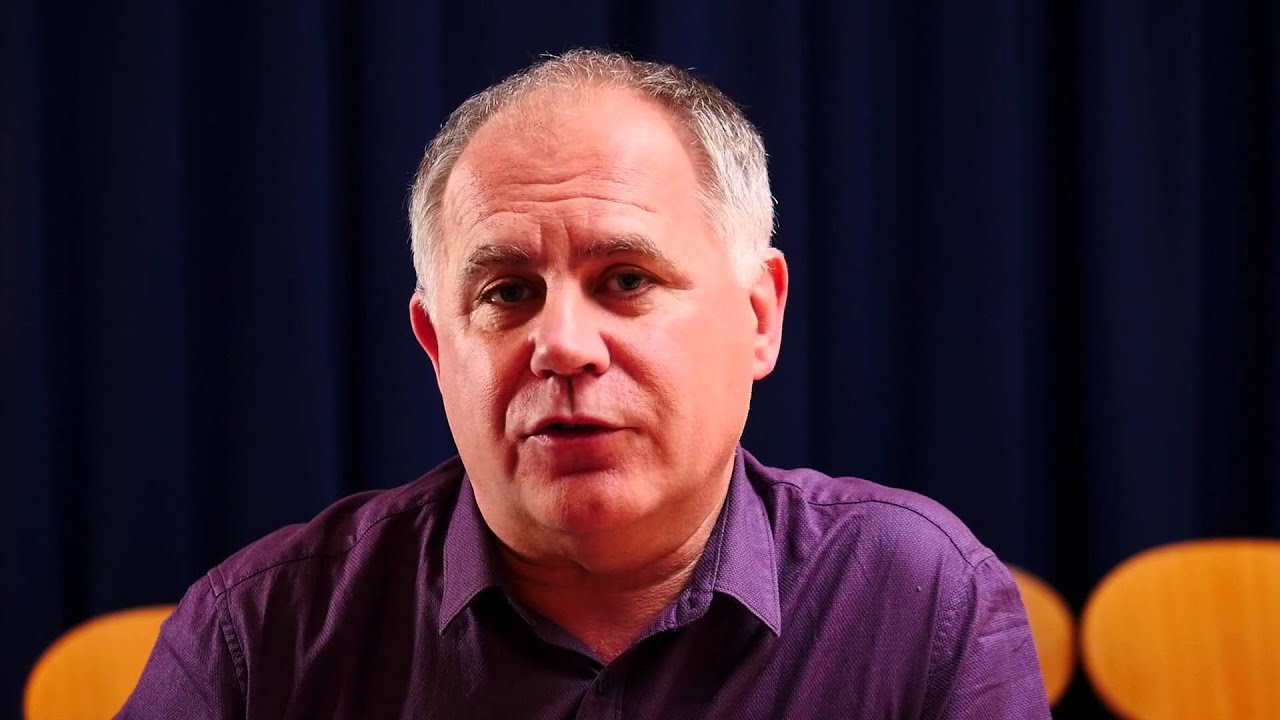An international group of researchers led by Professor Colin Espie (pictured) from the Nuffield Department of Clinical Neurosciences at the University of Oxford is investigating the impact of the COVID-19 pandemic on sleep and daily rhythms in adults.
Viral sleep deprivation
The research will identify the effect of the COVID-19 pandemic on the sleep, daily lives, and well-being of the UK population. The data will be collated into a large international database to improve understanding of the worldwide effects of COVID-19 upon sleep.
Difficulty sleeping during the pandemic?
During the COVID-19 pandemic, difficulty getting to sleep, difficulty staying asleep and vivid dreaming have been widely reported across the general population. Some people may already have had sleep problems, and these seem to have got worse. Other people who were good sleepers before seem to have developed insomnia.
Sleep fundamental to physical and mental health
Sleep is at the heart of physical and mental health. It is essential for tissue repair, cell regeneration, immune functioning, memory functioning and consolation, and for the regulation of daytime emotion. When people are sleep deprived or develop a persistent sleep disorder, the consequences include loss of energy, sleepiness, impaired concentration and memory, and disturbed mood. Inadequate sleep has been associated with increased risk of hypertension and type 2 diabetes, and risk of developing anxiety or depression.
This study will look at changes in sleep quality in relation to social confinement such as a national lockdown or self-isolation, risk of exposure to the virus, and psychological symptoms such as anxiety, depression, and post-traumatic stress. Researchers aim to understand how sleep problems have emerged, and to investigate how sleep during COVID-19 has interacted with lifestyle, health and wellbeing.
The team will use an online survey to gather data from adults in the UK who are over 18 years old. They will ask how sleep patterns have changed, what problems have emerged, and which groups in the population are most affected.
The study, known as the International COVID-19 Sleep Study (ICOSS), is a large global collaboration involving research institutes in Austria, Canada, China, Finland, France, Germany, Hong Kong, Japan, Norway, and the United States. Colin Espie, Professor of Sleep Medicine and Clinical Director of Oxford’s sleep medicine training programme, is leading the UK arm of the study, funded by the NIHR Oxford Biomedical Research Centre and by the Sleep & Circadian Neuroscience Institute at the University of Oxford.
Professor Espie says: ‘Particularly in times of high stress and disrupted daily routines, sleep is all the more important for our health and overall wellbeing. Sufficient good quality sleep helps us cope, so it’s worrying to see trends of poor sleep during this pandemic. We are hoping to study this development in more detail with this nationwide survey. I’m delighted to be leading this initiative. The results from this study will help us not only understand the challenges, but also to figure out solutions to keep the population well-slept and healthy.’
Study lead Dr Jules Schneider says: ‘Depending on your personal circumstances, you might currently find yourself struggling with your sleep, or you might now find that you have enough hours to spare in your day to get all the sleep you need. Whatever your experience has been over the past weeks, we invite you to take part in our survey and help us paint the big picture for the UK, so that in the next step, we can begin to think of appropriate ways to intervene and offer support if needed.’
To take part in the study, visit https://ndcn.eu.qualtrics.com/jfe/form/SV_9GptjE2PD6YuihL



